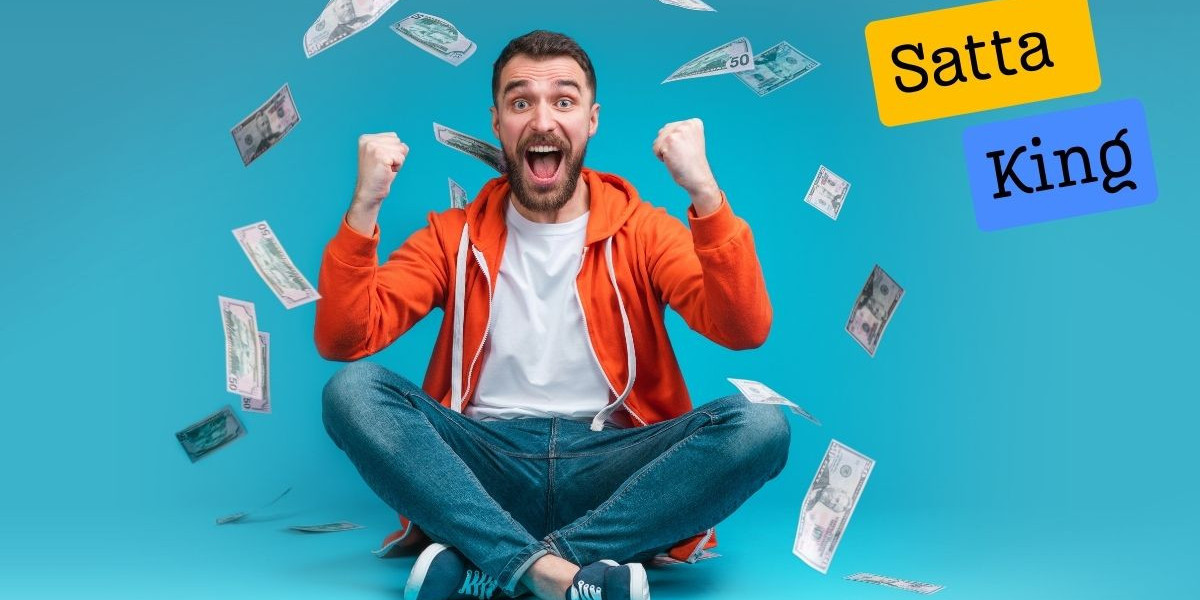Satta King, a controversial and clandestine form of gambling, has garnered a devoted following across India and beyond. Despite its widespread appeal, the inner workings of this secretive betting world remain enigmatic. In this detailed exploration, we'll uncover the intricacies of Satta King, examining its origins, mechanisms, controversies, and the ongoing discourse surrounding its potential legalization.
What Sets Satta King Apart?
Satta King, also known as the "betting king" or the "master of the gambling realm," is a game of chance involving random number draws. Originating in India, it has expanded its reach to other nations, attracting a vast network of participants and organizers.
Tracing Satta King's Evolution
The roots of Satta King can be traced back to pre-independence India. Initially played informally among acquaintances, the game involved small bets on cotton prices in the New York Cotton Exchange. Over time, it transitioned to random number draws orchestrated by underground syndicates and criminal factions.
How Satta King Operates
At its core, Satta King revolves around predicting a three-digit number between 000 and 999. Participants place bets on their chosen numbers, anticipating the draws conducted by the game's organizers, which occur multiple times a day.
Unveiling the Scale of Satta King's Influence
The Satta King gambling network is vast and decentralized, comprising numerous entities and individuals conducting their own operations and betting circuits across India and beyond. This unregulated realm thrives on the allure of high-stakes gambling and the potential for significant winnings.
Exploring the Dark Side
Legal Challenges and Fraudulent Practices
Since Satta King is illegal in most jurisdictions, it is often organized and managed by criminal elements. This exposes participants to risks such as fraud, intimidation, and violence. Instances of winners not receiving their payouts and criminal exploitation are not uncommon.
Navigating the Debate on Legalization
Proponents of legalizing Satta King argue that regulation and taxation could generate substantial revenue for governments while providing oversight and protection to participants. They contend that its cultural significance and popularity make legalization a viable option, potentially reducing criminal influence.
Addressing Concerns
Opponents of legalization view Satta King as a harmful practice that preys on vulnerable individuals and promotes gambling addiction. They emphasize the potential social costs and ethical dilemmas, cautioning against the normalization of such activities.
Frequently Asked Questions
Is Satta King legal?
No, Satta King is illegal in most regions, including India.
How can one participate in Satta King?
Participation typically involves contacting underground organizers or joining informal betting circles, but it carries significant risks due to its illegal nature.
What are the potential winnings in Satta King?
Payouts can vary widely based on the specific game and participant count, with some jackpots reaching millions of rupees.
Is Satta King regulated by any authority?
No, it operates entirely outside of official oversight in the underground gambling market.
What risks are associated with Satta King gambling?
Participants face risks such as fraud, threats, and violence, along with the potential for financial ruin and social repercussions due to addiction.
Are there efforts to legalize Satta King?
There are ongoing debates and initiatives, but concerns about its societal impact and ethical considerations remain prominent.
